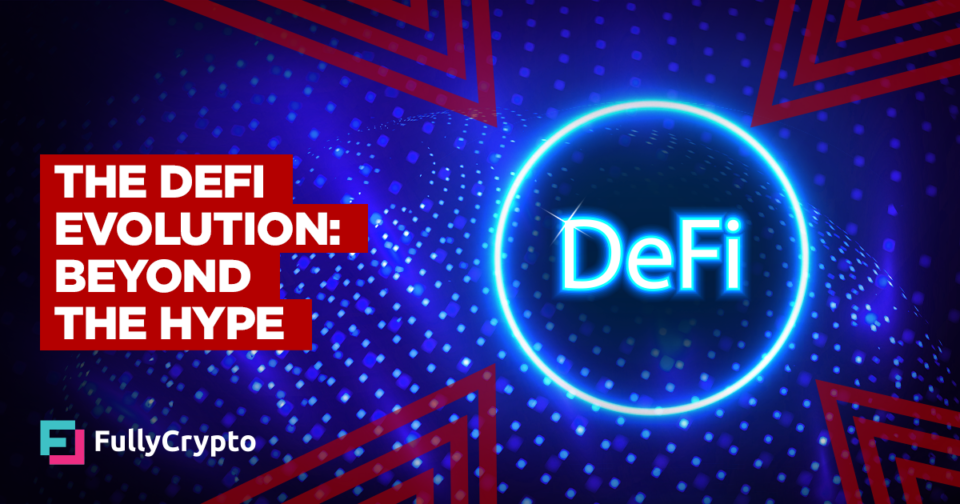By Mark Hunter
1 day agoSat Aug 17 2024 08:00:15
Reading Time: 2 minutes
- DeFi has transformed from a niche interest into a multi-billion-dollar sector within cryptocurrency
- It has promised to revolutionize finance by offering decentralized alternatives to traditional systems
- As the initial excitement has cooled, DeFi has faced challenges impacting its long-term sustainability
Decentralized Finance (DeFi) has emerged as one of the most transformative trends in the cryptocurrency space. What began as a niche interest among blockchain enthusiasts has blossomed into a multi-billion-dollar sector, promising to revolutionize traditional financial systems by offering decentralized alternatives to banking, lending, and trading. However, as the initial excitement around DeFi has cooled, the industry faces new challenges that will determine whether it can evolve beyond the hype and achieve long-term sustainability.
Grand Ambitions
At its core, DeFi seeks to democratize finance by eliminating intermediaries like banks and brokers, allowing users to engage in peer-to-peer transactions directly on the blockchain. This has led to the creation of decentralized exchanges (DEXs), lending platforms, and yield farming protocols that offer users new ways to earn, borrow, and trade assets.
The potential is vast: DeFi could provide financial services to the unbanked, create more efficient markets, and offer new investment opportunities. Yet, the industry is not without its growing pains.
The Scaling Challenge
One of the most pressing challenges is the issue of scalability. Most DeFi projects are built on the Ethereum blockchain, which has struggled with congestion and high transaction fees as the network has grown. This has led to the development of Layer 2 solutions, such as Optimism and Arbitrum, which aim to increase transaction throughput and reduce costs by processing transactions off-chain before finalizing them on the Ethereum mainnet.
While these solutions are promising, their adoption is still in the early stages, and their long-term effectiveness remains to be seen.
Security Concerns
Security is another critical concern. The open and permissionless nature of DeFi makes it a target for hacks and exploits. High-profile incidents, like the $600 million Poly Network hack, have highlighted the vulnerabilities in smart contracts and the need for more robust security measures. As the industry matures, greater emphasis on auditing, insurance, and user education will be essential to building trust and ensuring the safety of users’ funds.
Despite these challenges, DeFi continues to innovate. Projects are increasingly focusing on interoperability, allowing different blockchain networks to communicate and share data seamlessly. This could pave the way for a more connected and efficient financial ecosystem, where assets and data flow freely across various platforms.
A Bright Future
In conclusion, while DeFi is still in its early stages, its potential to reshape the financial landscape is undeniable. However, for the industry to move beyond the hype, it must address scalability, security, and interoperability challenges. As these solutions are developed and implemented, DeFi could transition from a speculative trend to a cornerstone of the global financial system.



